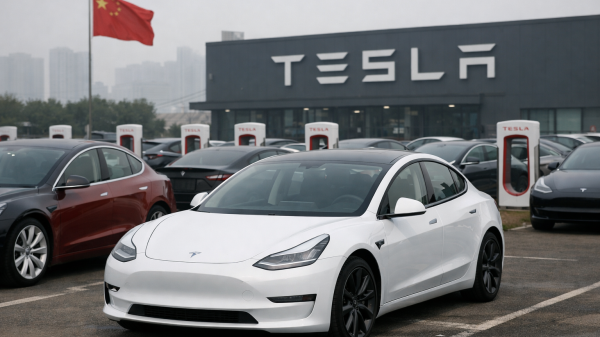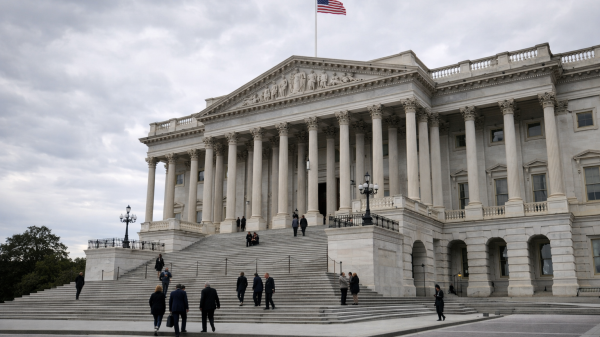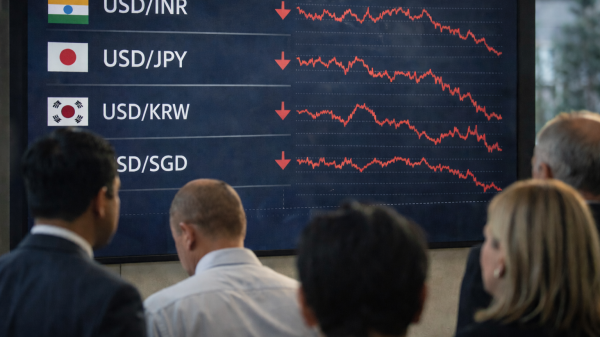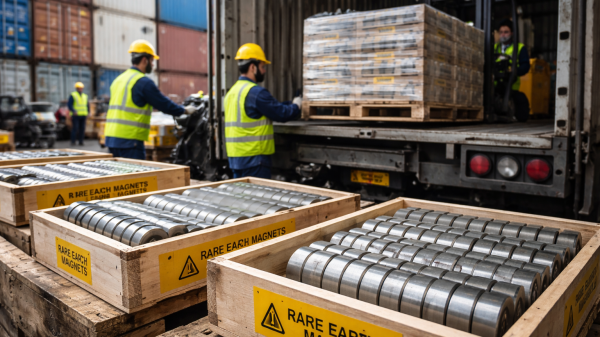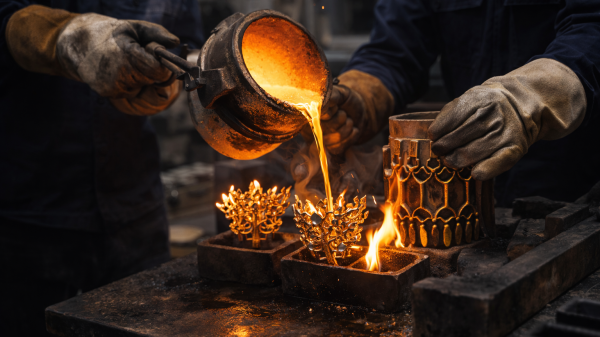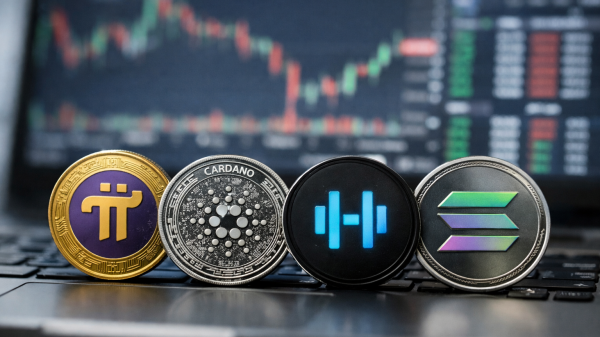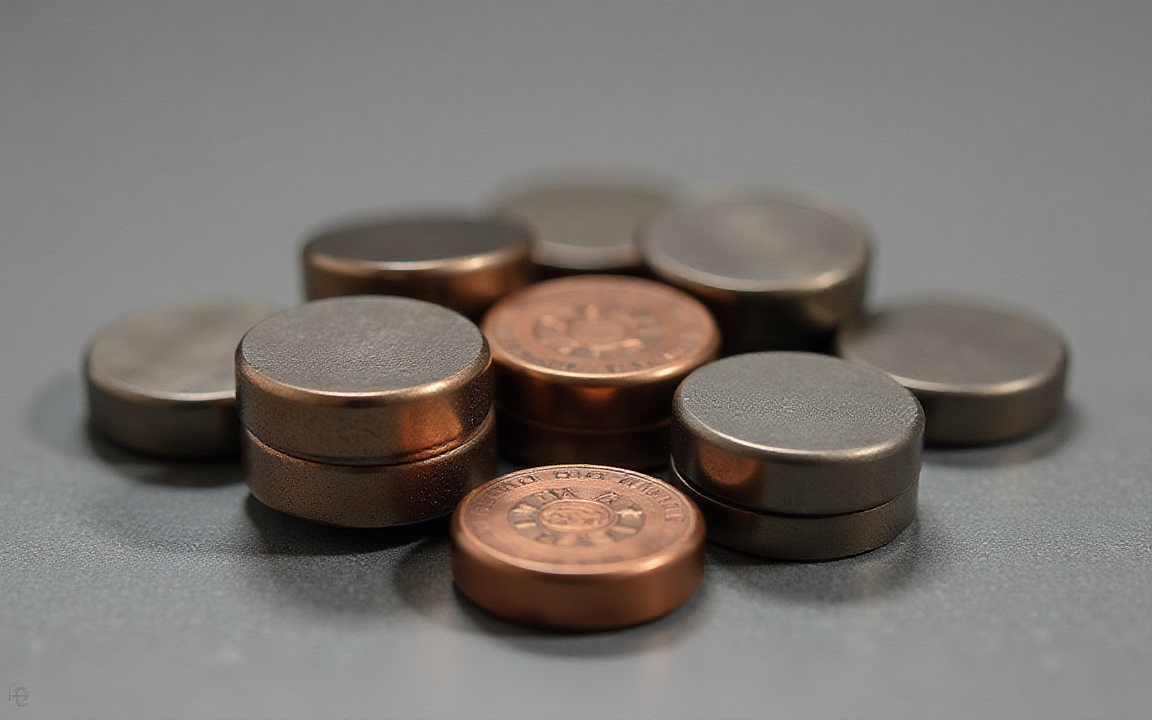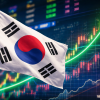On Thursday, China strengthened its rare earth export controls amid a global rush for these commodities.
These new restrictions broaden the scope of processing technology limitations, prohibit unauthorised international collaboration, and explicitly aim to restrict exports to foreign defence and semiconductor industries, according to a Reuters report.
The Chinese Ministry of Commerce had announced new controls in April, leading to widespread global shortages.
However, a series of agreements with Europe and the US have since allowed shipments to resume, and the Ministry’s latest announcement clarifies and expands upon these initial controls.
China currently dominates the global rare earth market, accounting for over 90% of the world’s processed rare earths and rare earth magnets. This significant control stems from a combination of abundant natural resources and advanced processing capabilities.
Importance of rare earth elements
Rare earth elements, a group of 17 chemically similar metallic elements, are indispensable in a vast array of modern technologies.
Their unique magnetic, luminescent, and catalytic properties make them critical components in numerous high-tech products.
For instance, in the burgeoning electric vehicle industry, rare earth magnets are essential for powerful and efficient electric motors.
In the aerospace sector, these materials are vital for the development of lightweight and high-performance aircraft engines.
Furthermore, in defense applications, rare earths are crucial for advanced military radars and other sophisticated electronic systems, highlighting their strategic importance globally.
Expanding restrictions on technology
Additionally, China is set to broaden its export restrictions on technology used to manufacture rare earth magnets, according to the report.
The expanded controls will encompass more types of magnets, as well as certain components and assemblies containing these restricted magnets.
China’s dominant position in the global rare earth market is not just limited to raw material production but also in advanced technology and equipment for processing and recycling these critical elements.
The recent decision to require export licenses for rare earth recycling technology underscores China’s strategic intent to control the entire rare earth supply chain.
This move adds to an existing list of restricted processing technologies, effectively tightening China’s grip on an industry vital for numerous high-tech applications, including electric vehicles, renewable energy, and defense systems.
This could have significant implications for global industries reliant on rare earths, potentially prompting other nations to accelerate their own domestic rare earth capabilities.
Licensing measures
The Chinese ministry’s announcement provided the first clear details on the scope of its restrictions.
It stated that licenses would not be issued to overseas defense users. Furthermore, applications for advanced semiconductors will be considered individually, on a case-by-case basis.
US lawmakers had previously urged more extensive prohibitions on exporting chipmaking equipment to China.
Beijing has been issuing more export licenses for rare earth, leading to a steady increase in China’s rare earth shipments in recent months. Despite this, some users report ongoing difficulties in obtaining these materials.
To address accessibility concerns, the ministry of commerce stated that its latest restrictions covered a limited range of items and that “a variety of licensing facilitation measures will be adopted.”
New regulations stipulate that Chinese companies collaborating with overseas firms on rare earth projects require ministry permission.
Additionally, foreign manufacturers utilising Chinese components or machinery are now mandated to secure licenses for the export of controlled goods.
The post China tightens rare earth export controls amid global demand surge appeared first on Invezz







